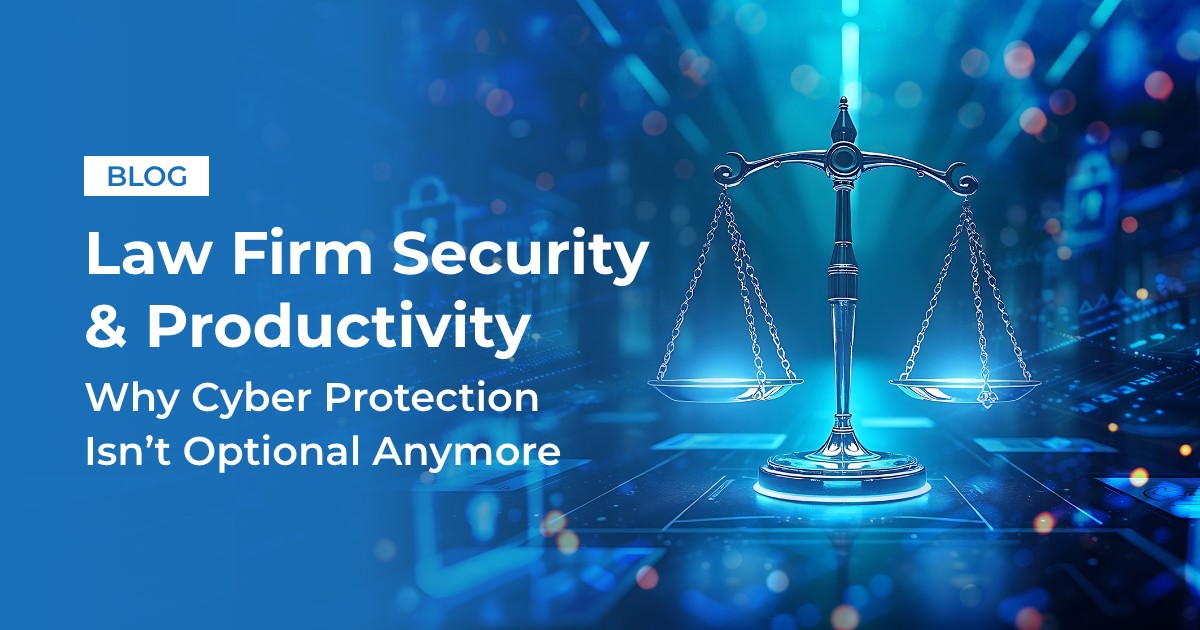It turns out the rapid transition to remote work wasn’t the only significant effect on businesses over the past year. As many companies rapidly shifted overnight to working from home, they also opened themselves to new cybersecurity threats that may have impacts for many years to come.
Nearly half of all business leaders surveyed in the recent Verizon Business Mobile Security Index (MSI) 2021 said they faced increased cybersecurity concerns due to their new remote working practices. Respondents included 856 professionals responsible for security and other IT functions at their companies.
The findings are significant as more and more companies evaluate a long-term remote work strategy. According to a survey by consulting and analyst firm PwC, 83 percent of employers in January 2021 said they now positively favor remote work (an increase of 10 percentage points over the year prior). Many said they were reevaluating how frequently they would expect employees to be in the office.
However, as the Verizon MSI survey showed, this shift comes with increased threats. In particular, respondents surveyed said mobile devices posed a challenge, with 40 percent citing these devices as their company’s most significant IT security threat. They attributed some of that risk to the security sacrifices made to quickly enable remote work and further concessions made for productivity or to “get the job done.”
That said, Sampath Sowmyanarayan, chief revenue officer of Verizon Business, said in a statement about the findings that organizations will need to step up their mobile security efforts to counteract these effects as the work from home trend continues. Many of the respondents agreed, with 78 percent saying they should take mobile device security more seriously in the future.
“The pandemic caused a global shift in the way organizations operate, many of which ramped up their digital transformation agendas and working models to meet the fast-changing needs of both employees and customers,” Sowmyanarayan said. “While businesses focused their efforts elsewhere, cybercriminals saw a wealth of new opportunities to strike. With the rise of the remote workforce and the spike in mobile device usage, the threat landscape changed, which for organizations, means there is a greater need to hone in on mobile security to protect themselves and those they serve.”
The challenges around securing mobile devices and remote work environments do not discriminate based on business size. While larger enterprises may have more employees and devices to account for, 52 percent of those surveyed said small and medium businesses were targeted more for an attack. What’s more, 59 percent said they had already sacrificed security precautions during remote work. Some said they had already suffered a compromise due to mobile devices.
While many may want remote work to stay, it’s safe to say that no one wants these new risks to persist. As remote work shifts from a temporary transition to our long-term reality, with 78 percent of those surveyed saying they expect to have more remote work in their organizations as we advance, it will be critical for businesses to close these new cybersecurity gaps.





